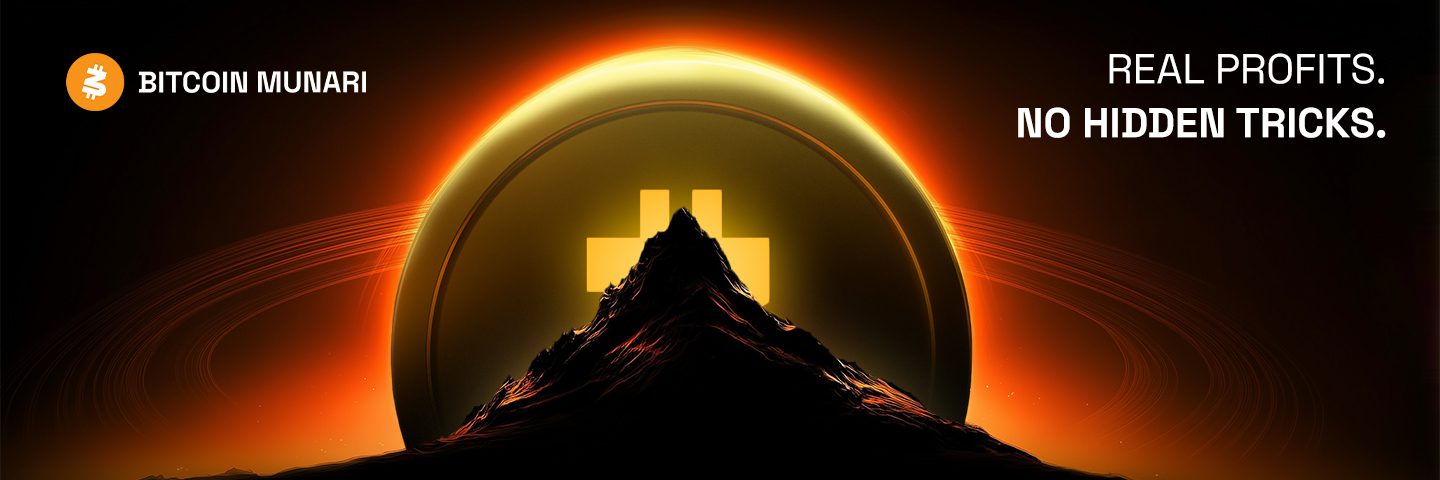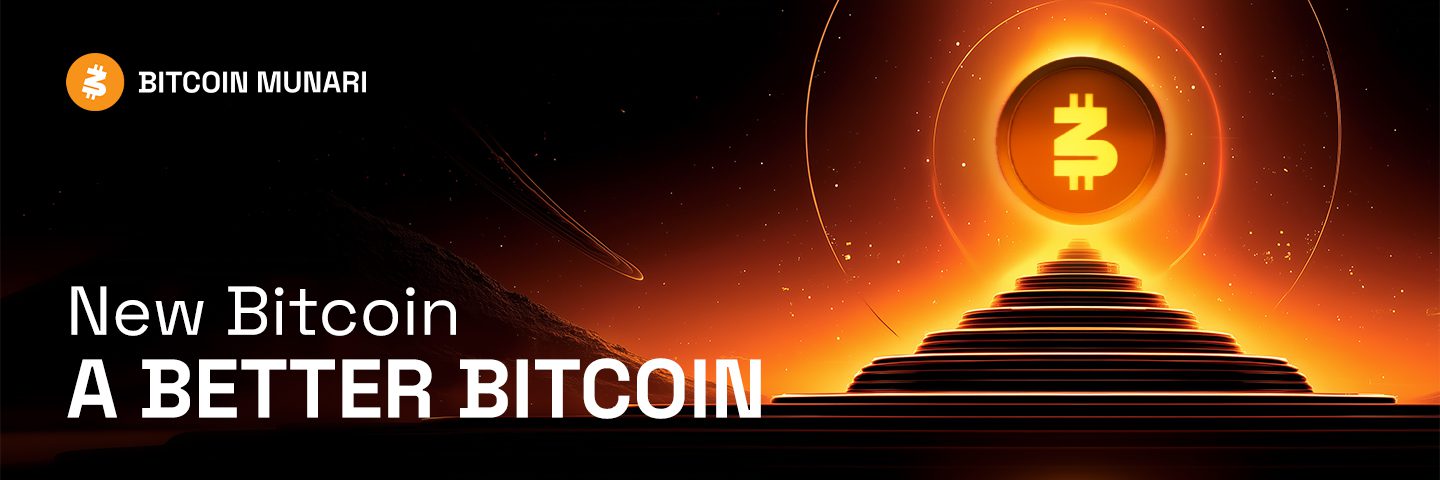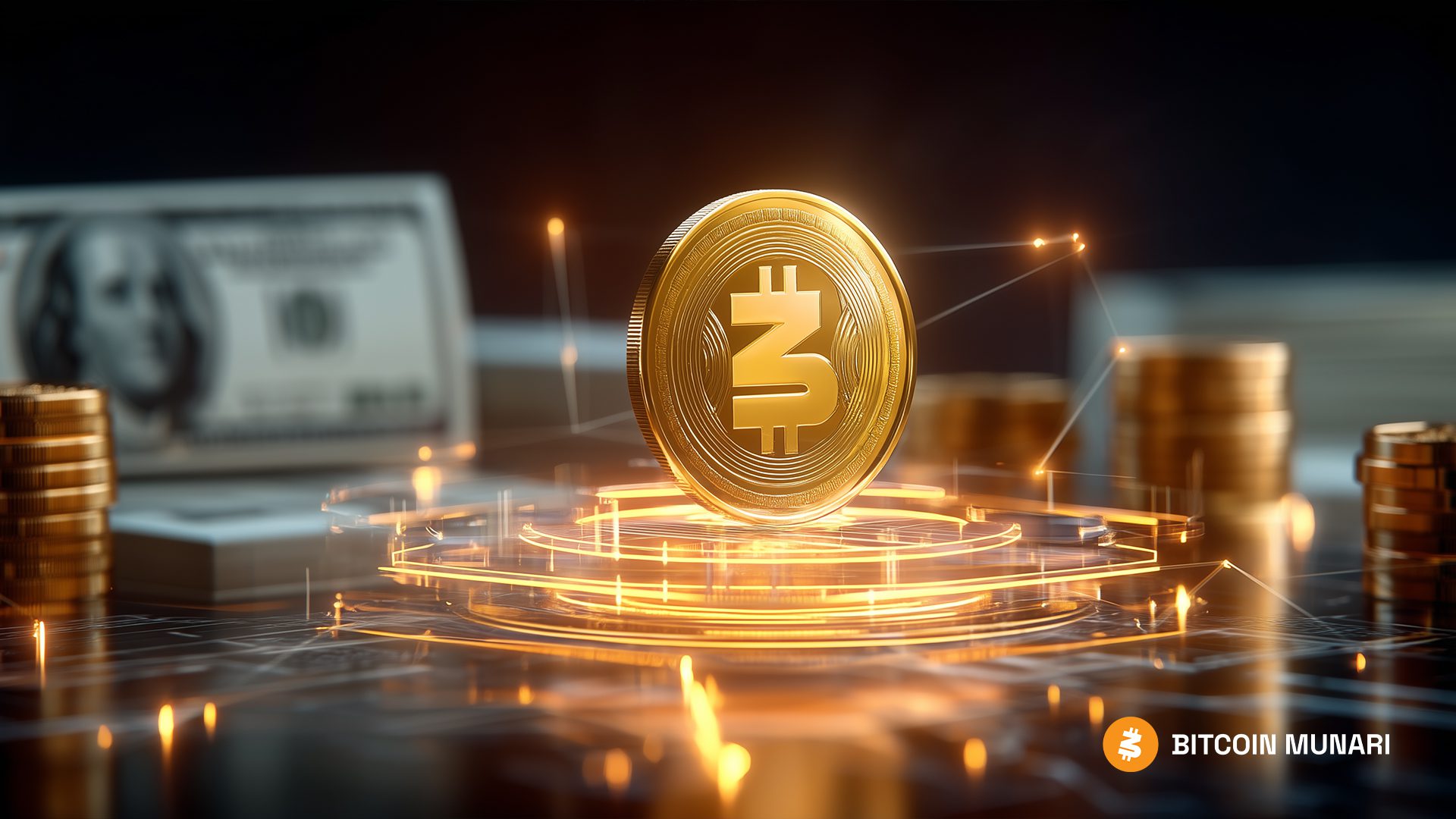India has initiated a comprehensive overhaul of its Virtual Digital Assets (VDA) regulatory framework to align with G20 standards and address longstanding gaps in user protection. With more than 100 million domestic crypto participants operating under limited legal clarity, the government is moving toward a system with stronger oversight, licensing requirements, bankruptcy protocols, and rules addressing custody and liquidity risk.
Commerce Minister Piyush Goyal has emphasized that India will prioritize assets backed by “real or intrinsic value,” a stance that may reshape the types of digital assets permitted in the country. His comments signal a broader shift toward a regulatory environment focused on stability, verifiable structure, and compatibility with global standards. Against this backdrop, early-stage projects built around transparency and fixed mechanics — such as Bitcoin Munari — are being reviewed through a different lens.
India Signals a Turn Toward Stability-Driven Digital Assets
The government’s review targets concerns central to India’s fast-growing crypto market: unclear custodial processes, inconsistent exchange oversight, and the absence of investor-protection requirements. Under the proposed framework, exchanges may need formal licenses, custodial providers may be required to maintain clear segregation of user assets, and bankruptcy procedures may be standardized to prevent loss of user funds during platform failures.

Minister Goyal underscored that India will support digital assets backed by measurable value, including Central Bank Digital Currencies (such as the Digital Rupee), tokenized government securities, real-world-backed stable tokens, and regulated blockchain-based instruments. Assets without intrinsic value — especially speculative tokens — may face stricter scrutiny or limited acceptance under the proposed guidelines.
India’s position reflects a broader global trend toward formalizing digital-asset oversight. As the country aligns with G20 standards, market participants are paying closer attention to projects that already incorporate supply clarity, transparent distribution models, and verifiable documentation.
Investors Evaluate Structured Models as Regulations Tighten
During regulatory transitions, early-stage projects offering predictable mechanics often receive heightened attention. India’s prospective framework highlights deficiencies that many presales exhibit, including shifting token schedules, unclear launch plans, or incomplete disclosures.
The evolving regulatory climate favors models that define supply, distribution, and network architecture ahead of launch.
Bitcoin Munari fits this profile through a static structure built around a fixed supply of 21,000,000 BTCM. Distribution is predetermined: 11,130,000 BTCM reserved for the public presale, 6,090,000 BTCM allocated to validator rewards across a ten-year emission, 1,680,000 BTCM set aside for liquidity, and two 1,050,000 BTCM portions dedicated to team vesting and ecosystem development. These parameters remain constant regardless of market conditions, aligning with the preference for clearly defined frameworks now emphasized in India’s policy direction.

The presale operates through short phases, with Phase 2 currently priced at $0.22. Tokens unlock at the Solana SPL launch with no vesting, creating a straightforward entry environment. The project’s $6.00 benchmark functions as a fixed reference point for evaluating relative entry position, resulting in a 2,627% modeled ROI for the current phase—calculated strictly through a price-to-benchmark relationship rather than speculative projections.
During this stage, the project has also released multiple independent evaluations. Solidproof reviewed the SPL contract in its smart-contract audit. Spy Wolf conducted a technical audit and completed a KYC verification confirming the development team’s documentation.
Such disclosures correspond with the transparency benchmarks India seeks to incorporate as it restructures its regulatory foundation.
Infrastructure-Focused Participation Aligned With Regulatory Moves
Beyond presale mechanics, Bitcoin Munari introduces a validator architecture designed around defined rules rather than variable market behavior. Full validators stake 10,000 BTCM and operate hardware equipped with an 8-core CPU, 32GB RAM, a 1TB SSD, and 1Gbps bandwidth.
Mobile validators participate at 1,000 BTCM through the Android client, while delegators can engage with 100 BTCMby assigning stake to an active validator.
Rewards derive from the 6,090,000 BTCM pool distributed over ten years, beginning with 1,200,000 BTCM in Year 1.
Bitcoin Munari launches as an SPL token on Solana and later migrates through a 1:1 process to its dedicated Layer-1 chain featuring EVM-compatible smart contracts, Delegated Proof-of-Stake validation, privacy configuration tools, and governance functions. This predictable, infrastructure-oriented roadmap reflects the type of long-horizon development favored in regulatory environments prioritizing reliability.

India’s reform efforts emphasize investor protection, asset backing, and transparent structures. As regulatory expectations rise, models that define supply, distribution, network behavior, and documentation from the outset stand apart from offerings that rely on fluid or discretionary mechanics. Bitcoin Munari’s fixed design, verifiable audits, and structured presale model place it within a category increasingly relevant as India moves toward formalized oversight and global standardization.
Purchase BTCM at $0.22 during Phase 2 to secure a defined entry position as global markets shift toward transparency-driven models.
Website: official Bitcoin Munari website
Buy Today: secure your tokens here
Telegram: join the community



































